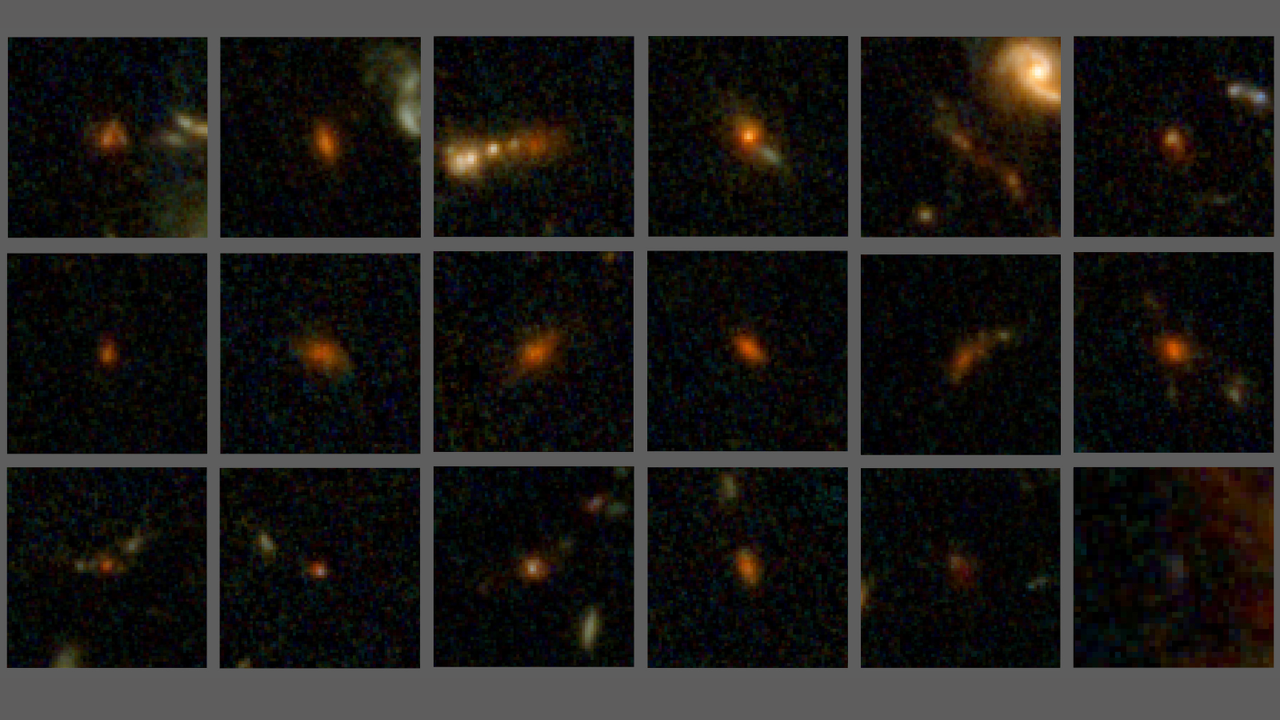‘’Children are easier to smuggle through borders, cheaper and easier to control, which makes them more vulnerable. Further, the unmanned borders along the North East region make it even easier for the traffickers,’’ Hasina Kharbhih, team leader of an NGO Impulse, said, delivering a lecture on Human Trafficking for child labour prostitution in Guwahati, Sunday. The coal mines of Jaintia Hills in Meghalaya alone have engaged an estimated 70,000 child labourers, of which many are trafficked from neighbouring countries like Bangladesh and Nepal, she added, quoting a study done by her NGO, which works primarily in the field of human trafficking.
“The North East is a source, destination and transit region for human trafficking. The highway networks in the region connect many national and international destinations. The destinations are usually New Delhi, Mumbai, Pune, Goa and Kolkata and extend as far as Thailand and Singapore,’’
Kharbhih added. “Child trafficking, be it for forced labour or prostitution, is very much rampant in North East along with the rest of the country.
Within India, there are an estimated 2.3 million women in prostitution, of which nearly six lakh are children,’’ she claimed.
According to UNI, she informed that the NE states were at high risk of trafficking due to displacement from armed conflicts, quoting a report of the International Displacement Monitoring Centre. The report states that over 20,000 people are displaced in Assam, 70,000 in Manipur, 60,000 in Tripura and 3,000 in Arunachal Pradesh. The criminal business of human trafficking generates over 10 billion US dollar a year, making it the third largest ‘’activity’’ after drugs and armament.
Earlier, a two-member team of the National Commission for Protection of Child Rights was constituted to investigate child trafficking from Manipur to other parts of the country, particularly to Tamil Nadu.
Following a Supreme Court directive, the registrar of the commission, Binod Kumar Sahu and its consultant Ramnath Nayak, visited Chennai to investigate cases of child trafficking from Manipur and Assam to the southern states. On March 31, a three-judge bench of Chief Justice K.G. Balakrishnan, Justice Deepak Verma and Justice B.S. Chauhan asked the commission to complete the probe in four weeks and submit a report and posted the matter for hearing in May. Human trafficking, especially minors is being made easy due to the porous and unmanned international Border along Bangladesh and Nepal which also provides safe corridors to ultras.
‘’Children are easier to smuggle through borders, cheaper and easier to control, which makes them more vulnerable. Further, the unmanned borders along the North East region make it even easier for the traffickers,’’ Hasina Kharbhih, team leader of an NGO Impulse, said, delivering a lecture on Human Trafficking for child labour prostitution in Guwahati, Sunday. The coal mines of Jaintia Hills in Meghalaya alone have engaged an estimated 70,000 child labourers, of which many are trafficked from neighbouring countries like Bangladesh and Nepal, she added, quoting a study done by her NGO, which works primarily in the field of human trafficking.
“The North East is a source, destination and transit region for human trafficking. The highway networks in the region connect many national and international destinations. The destinations are usually New Delhi, Mumbai, Pune, Goa and Kolkata and extend as far as Thailand and Singapore,’’
Kharbhih added. “Child trafficking, be it for forced labour or prostitution, is very much rampant in North East along with the rest of the country.
Within India, there are an estimated 2.3 million women in prostitution, of which nearly six lakh are children,’’ she claimed.
According to UNI, she informed that the NE states were at high risk of trafficking due to displacement from armed conflicts, quoting a report of the International Displacement Monitoring Centre. The report states that over 20,000 people are displaced in Assam, 70,000 in Manipur, 60,000 in Tripura and 3,000 in Arunachal Pradesh. The criminal business of human trafficking generates over 10 billion US dollar a year, making it the third largest ‘’activity’’ after drugs and armament.
Earlier, a two-member team of the National Commission for Protection of Child Rights was constituted to investigate child trafficking from Manipur to other parts of the country, particularly to Tamil Nadu.
Following a Supreme Court directive, the registrar of the commission, Binod Kumar Sahu and its consultant Ramnath Nayak, visited Chennai to investigate cases of child trafficking from Manipur and Assam to the southern states. On March 31, a three-judge bench of Chief Justice K.G. Balakrishnan, Justice Deepak Verma and Justice B.S. Chauhan asked the commission to complete the probe in four weeks and submit a report and posted the matter for hearing in May.








































.jpg)




























































